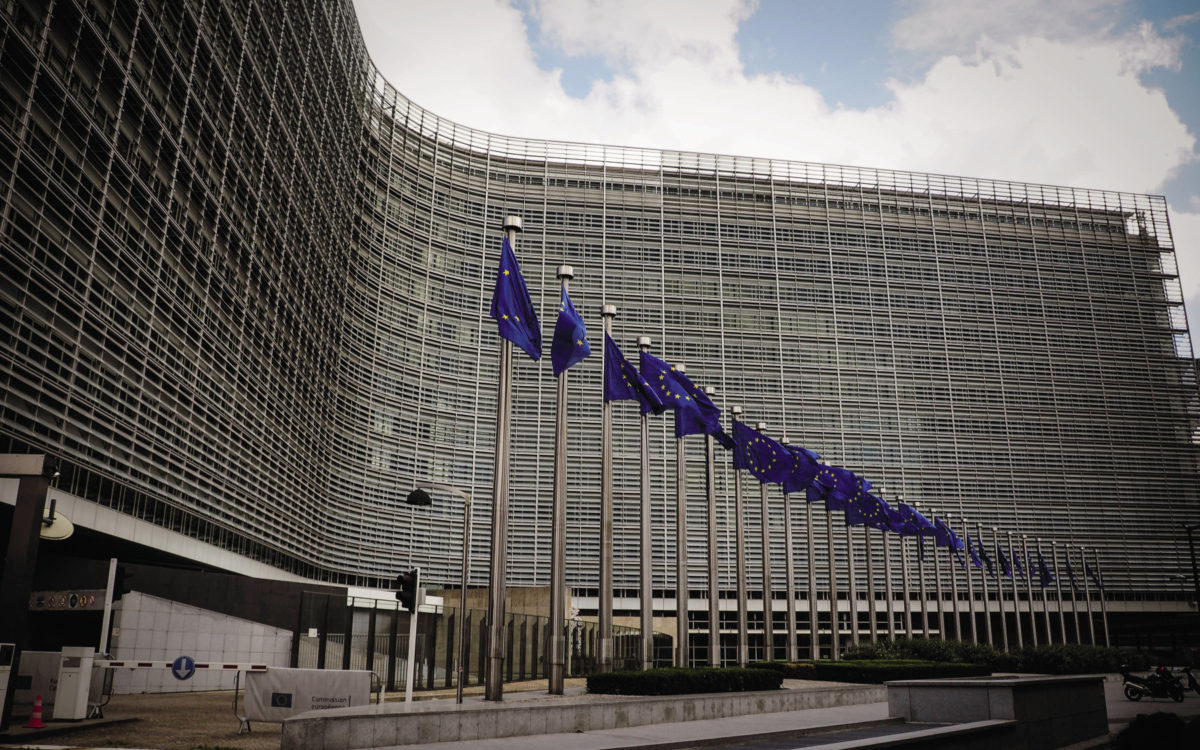The European Council approved a proposal this week to improve electricity market design in Europe. If the European Parliament approves the reforms, they will result in more stable energy prices, lower dependence on fossil fuel costs, and better crisis resilience, according to Teresa Ribera Rodríguez, Spain's ecological transition minister.
“We will also accelerate the deployment of renewables, a cheaper and cleaner source of energy for our citizens,” she said.
The EU Council has announced reforms to stabilize long-term electricity markets, in order to support power purchase agreements (PPAs). The changes involve generalizing two-way contracts for difference (CfDs) and enhancing forward market liquidity. Member states will support PPAs by removing specific barriers and eliminating “disproportionate or discriminatory” procedures if these reforms are approved.
“Measures may include among other things, state-backed guarantee schemes at market prices, private guarantees, or facilities pooling demand for PPAs,” said the EU Council. “Measures may include among other things, state-backed guarantee schemes at market prices, private guarantees, or facilities pooling demand for PPAs.”
Two-way contracts for difference – only applied after a transition period of three years, but five years for hybrid projects connected to two or more bidding zones – would apply to investments in renewable energy, including solar.
“The council added flexibility as to how revenues generated by the state through two-way CfDs would be redistributed,” it said. “Revenues would be redistributed to final customers and they may also be used to finance the costs of the direct price support schemes or investments to reduce electricity costs for final customers.”
The proposal includes a clause regarding consumer protection, with the amendment establishing the free choice of supplier and the option of accessing dynamic electricity prices. This would be across fixed-term and long-term contracts.
“The council agreed to stricter rules than previously for suppliers in their price-hedging strategies to shield customers from variations on wholesale markets,” the council stated. “It agreed to protect vulnerable customers from disconnections by putting in place ‘supplier of last resort’ systems to ensure the continuity of supply at least for household customers if such systems do not already exist.
The reforms also empower member states to set regulated prices for small- to medium-sized businesses during crises, according to the announcement.
This content is protected by copyright and may not be reused. If you want to cooperate with us and would like to reuse some of our content, please contact: editors@pv-magazine.com.



1 comment
By submitting this form you agree to pv magazine using your data for the purposes of publishing your comment.
Your personal data will only be disclosed or otherwise transmitted to third parties for the purposes of spam filtering or if this is necessary for technical maintenance of the website. Any other transfer to third parties will not take place unless this is justified on the basis of applicable data protection regulations or if pv magazine is legally obliged to do so.
You may revoke this consent at any time with effect for the future, in which case your personal data will be deleted immediately. Otherwise, your data will be deleted if pv magazine has processed your request or the purpose of data storage is fulfilled.
Further information on data privacy can be found in our Data Protection Policy.